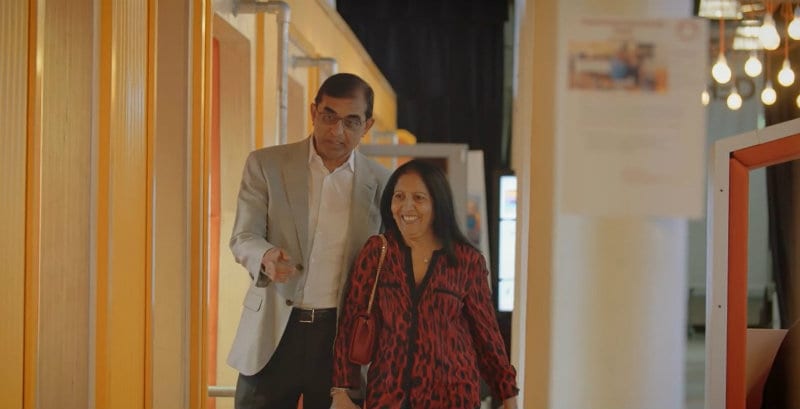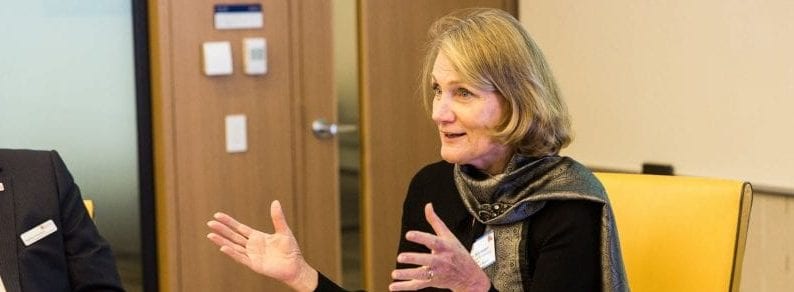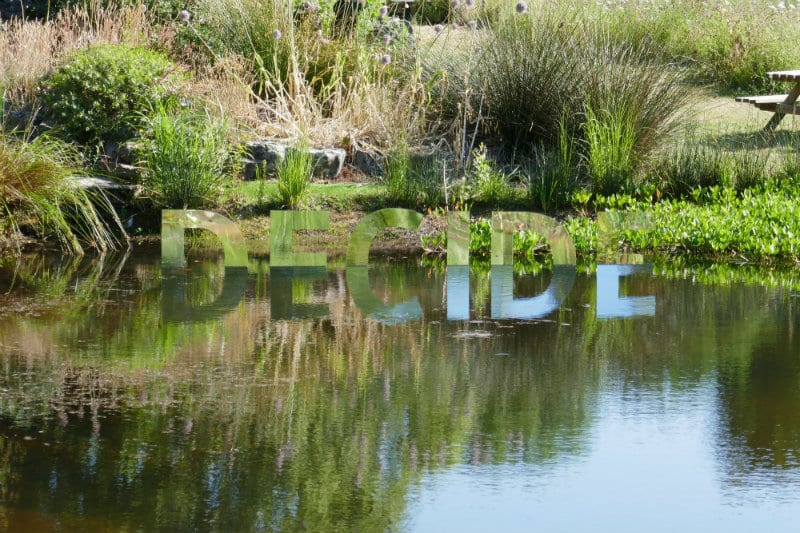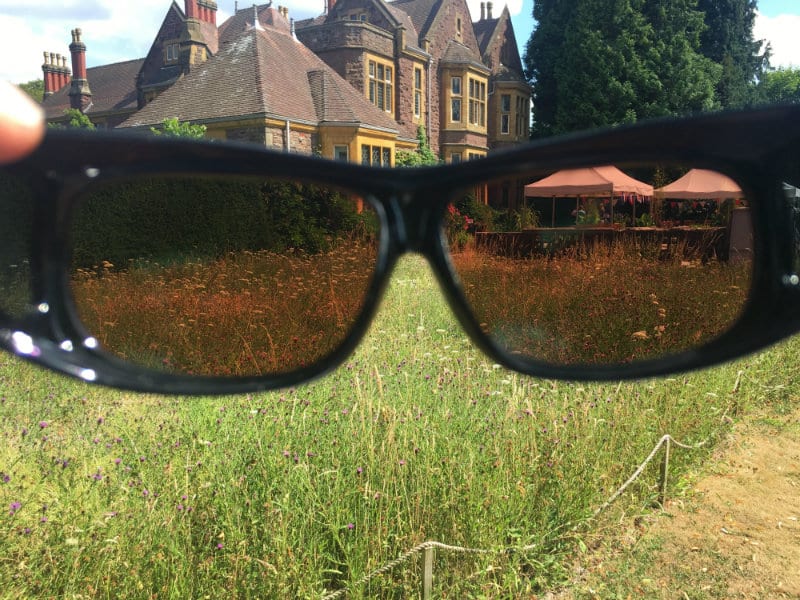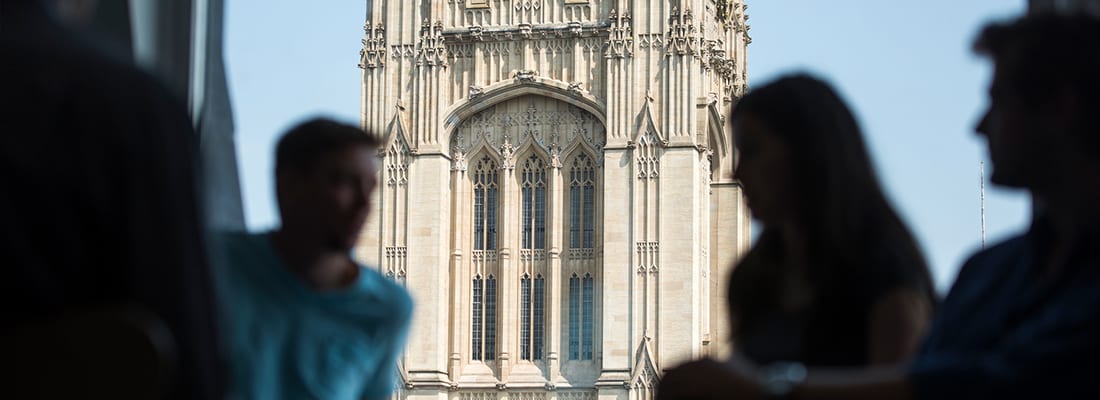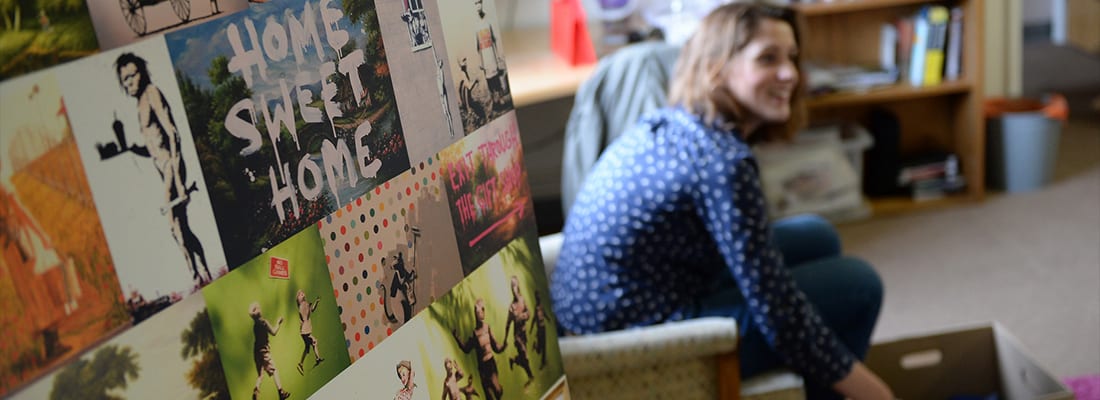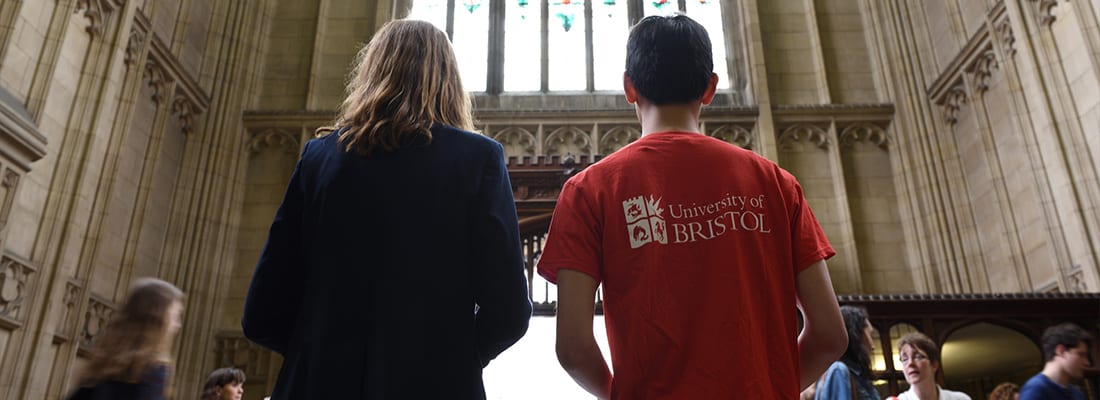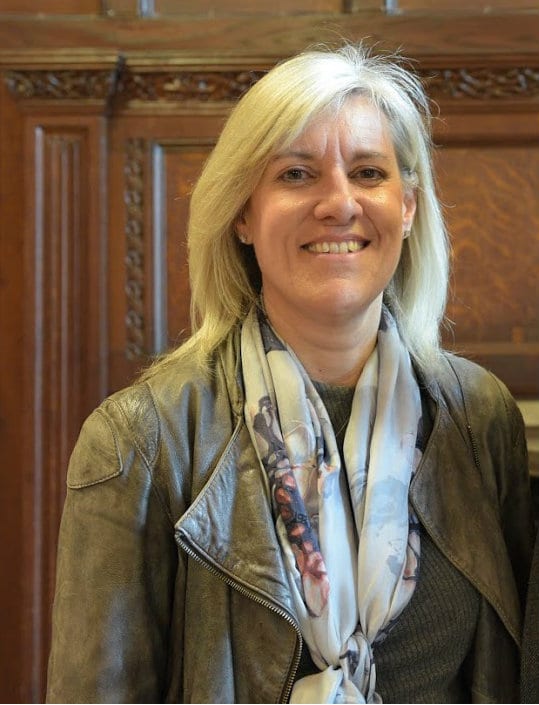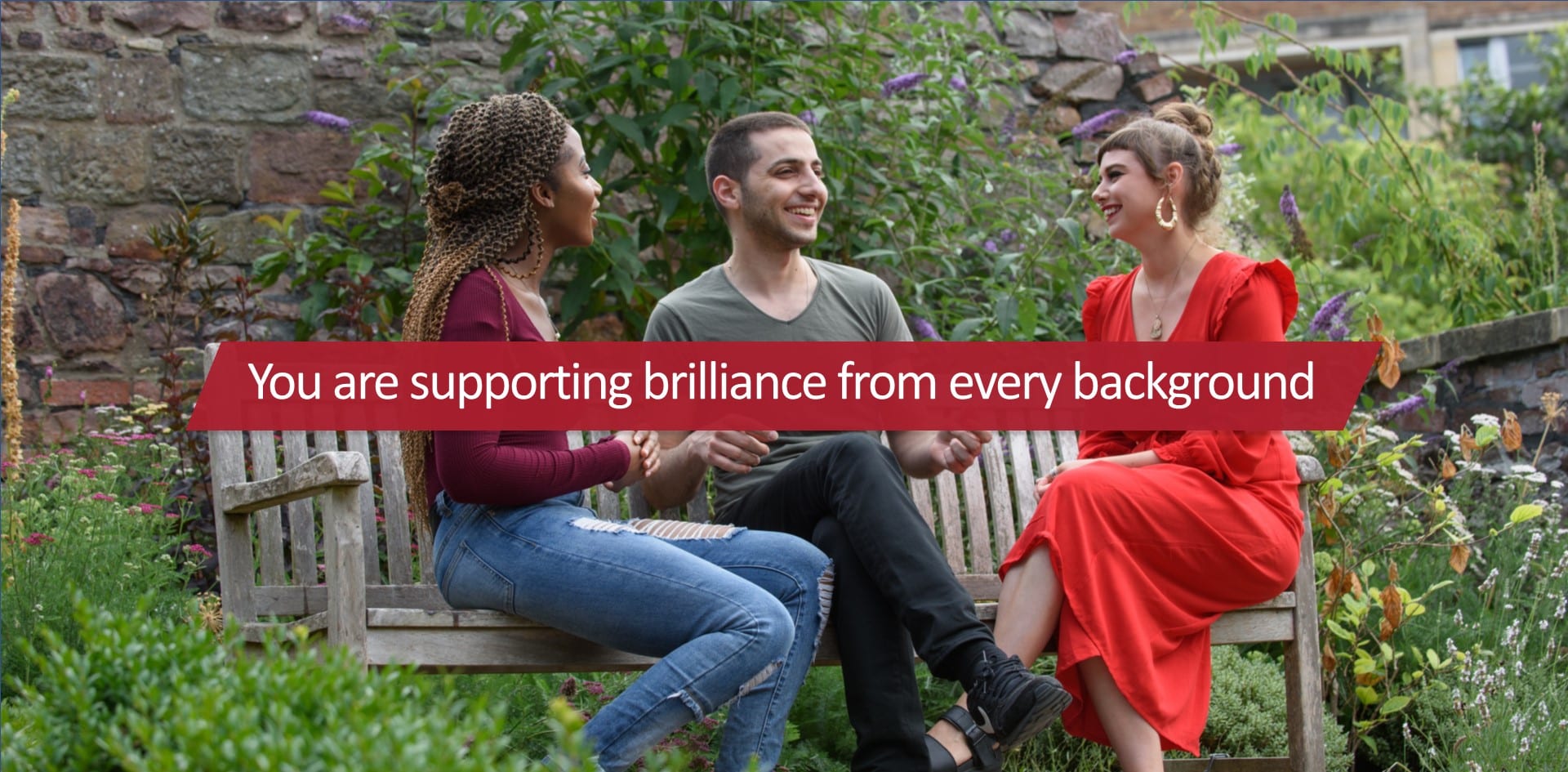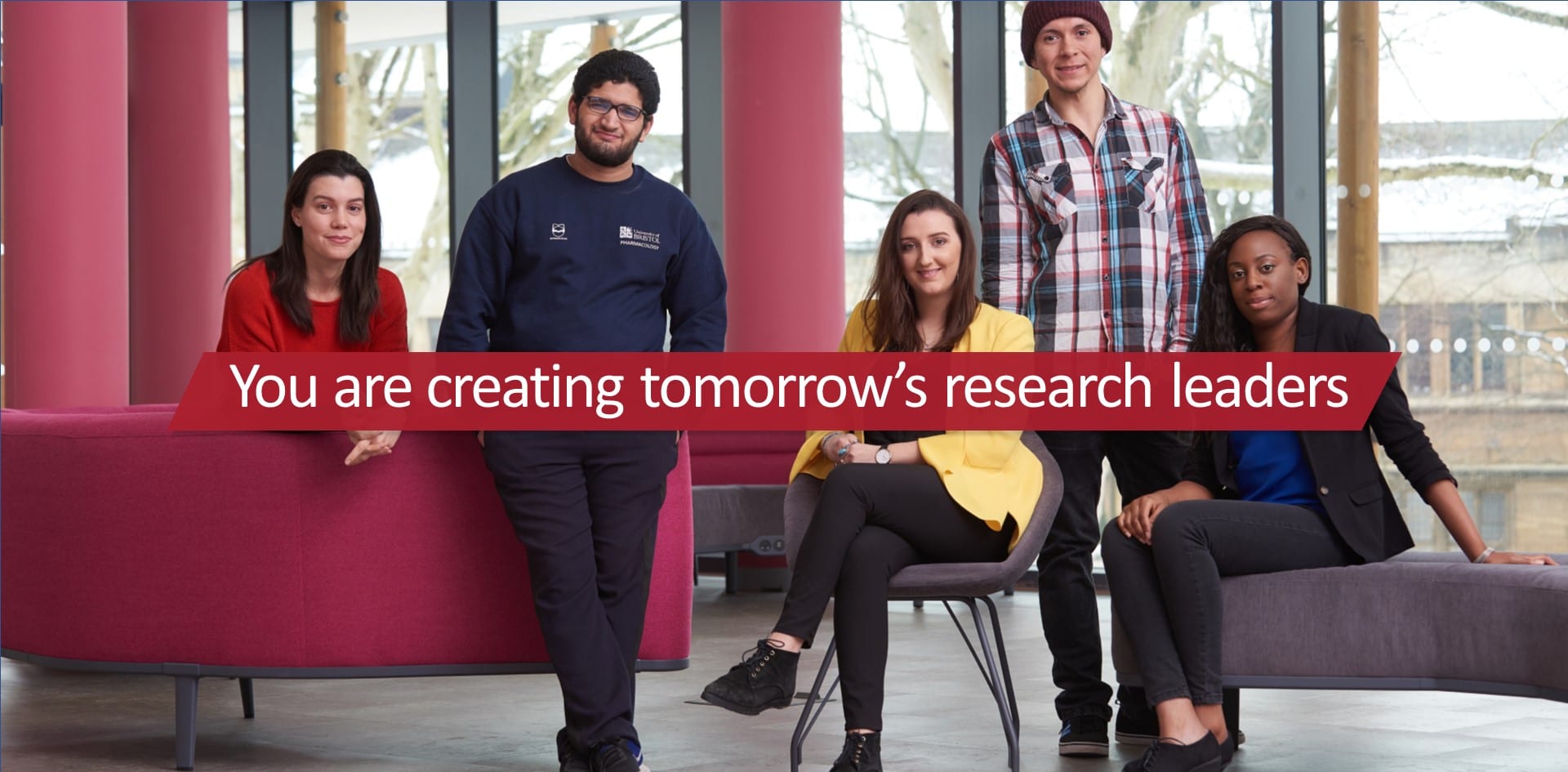
For World Mental Health day 2018, Professor Hugh Brady, Vice-Chancellor and President, talks about the University’s commitment to student wellbeing.
As the new academic year commences, the wellbeing of our students remains firmly at the forefront of all our minds following a number of student deaths by suicide over the past two years. Every student death is a tragedy in its own right. To have a number in quick succession tears at the very heart of our University and our thoughts remain with their families and friends.
Mental health is fast emerging as the single biggest public health issue affecting young people today, both here in the UK and globally. The exact causes of student mental health problems are difficult to determine, but there can be many contributing factors on a personal and societal level.
There currently aren’t any high-quality research data sets on levels of mental health problems amongst UK students. Estimates vary widely between surveys depending on methodology and response rates.
In a recent survey of 14 UK universities conducted by Alterline, including Bristol, over 60% of responders reported having suffered a mental health issue at some stage during their lives and an alarming percentage of students reported anxiety, depression, suicidal thoughts, self-harm or attempted suicide. Similar statistics have been reported in countries as different as China and the USA. Over half of responders had experienced suicidal thoughts at some point in their lives and up to 11% reported having made a suicide attempt – a figure considerably more than other estimates in this age group and perhaps reflecting low response rates; only 8% of Bristol students responded to the survey.
In a recent analysis of student patients in 12 medical practices in England, 8% had records of depression and 7% anxiety.
While increased awareness of mental health and a refreshing willingness to talk openly about mental health issues may be contributing to these alarming statistics, there is compelling evidence that we are witnessing an unprecedented and relentless surge in the number of young people presenting with mental health issues.
The causes are unclear and will take time to tease out. Putative factors include increased academic pressure, concerns about employment, changing patterns of drug and alcohol use, student debt, and concerns about geopolitics and climate change. Many of us worry that the sheer volume, content and pressures of social media may also be a factor. In this cyber world, there is no longer time to daydream, to muse or to have a bad hair day without getting judged, trolled or abused.
The scale of the challenge is forcing us to re-evaluate every aspect of our student support systems; to challenge established practices; to examine innovations elsewhere in the sector and beyond; to make major changes and significant additional investments where warranted; and to monitor the impact of our interventions with a view to continual improvement.
Here in Bristol we are taking every step we can to work with our students to help them build the life skills and resilience to cope with these pressures, and to identify vulnerable students as early as possible so that we can support them through their mental health issues.
Simply put, it is our view that mental health is everybody’s business at our University and we are implementing a university-wide approach to student (and indeed staff) wellbeing for the coming academic year 2018-19 which will see us roll-out a suite of measures that includes:
- better supporting students during their transition into our University, including a new opt-in policy which encourages students to allow us to include a third party, nominated by them, in discussions on their mental or physical health where we have significant concerns. We are definitively not in loco parentis and our students are adult learners with all of the rights of privacy enjoyed by other adult citizens. However, many students experiencing difficulties can benefit hugely from the early involvement of a parent, former teacher, friend or guardian – involvement that requires the student’s unequivocal consent. We are delighted that in the first week of registrations 94 per cent of our students, both those new to Bristol and those returning, have signed up to this new common-sense policy. It seems a simple step but one that could make a real difference in the coming year;
- embedding personal development, wellbeing and resilience in the curriculum through our new Bristol Futures curriculum initiative which will be available to all taught students across the University across all disciplines and stages of study;
- introducing a team of full-time professional staff in our halls of residence (Residential Life Teams) who will be rostered on a 24/7/365 basis and whose full-time job is to work with our established teams of live-in student peer mentors on community building and the early identification and support of vulnerable students;
- introducing a similar team of dedicated full-time professional staff into our academic schools and departments (Student Wellbeing Advisers) who will work alongside our personal and senior tutors;
- stronger partnership with our Students’ Union and our Division of Sports, Exercise and Health to foster greater student engagement with our academic societies, performance groups and sports clubs;
- bolstering our triage, GP and Counselling Services so we can treat urgent cases on the same day if necessary while channelling less urgent cases to appropriate counselling, life-style, mindfulness and exercise programmes;
- strengthening partnerships with external providers such as the NHS, Public Health England and the charitable sector so students in difficulty can be referred and treated promptly. Universities have a key role to play in the early identification and support of vulnerable students; however, we simply cannot and should not be expected to serve as a replacement for the NHS. For too long, mental health has been the poor relation to other NHS services – this must change;
- creating a strong focus on employability with a view to supporting our students during their second challenging transition – moving from student life to the workforce after graduation;
- the introduction of an annual student and staff survey to evaluate the impact of the initiatives we are introducing and to learn how we can continue to improve the support we provide;
- finally, an end-to-end review of our University policies and communications in difficult areas such as withdrawal and fitness-to-study to ensure that our students are supported appropriately by the University, their parents and others during such challenging events.
As a world-leading research-intensive university we are taking an evidence-based approach to inform our practices and to monitor outcomes. We are also building further research capacity in the area of student mental health through our Elizabeth Blackwell (Health Research) Institute.
This programme clearly involves multiple components – many of which overlap – and must be underpinned by easily understood care pathways and communications channels. I have established a Vice-Chancellor’s Taskforce to coordinate our efforts across the University which, in turn, is supported by an Expert Advisory Panel of national and international experts.
I am very aware and indeed encouraged by the interest of so many alumni and friends in the measures we are taking to address the unprecedented challenge of mental health. I have received many passionate letters of support and others seeking to understand the issues facing us and the rationale for change. Your input and voice is greatly appreciated. You are our finest ambassadors and I want you to be proud of the care and support we provide to those students who follow in your footsteps.
For some alumni the replacement of the traditional warden system with a team of professional staff is a cause for concern. The warden system served the University well for many years and I should stress that our recent wardens have been valued supporters and mentors for our students. The reality, however, is that our University is now much larger than when the warden system was established (currently c23,000 students); its student body is much more diverse in terms of gender, nationality and socioeconomic background; the vast majority of academic mentoring takes place within our academic schools and departments; students only live in halls during first year, if at all; and the challenges facing our students in areas such as mental health, sexuality, drug and alcohol use are of a scale and complexity that significant change is required.
As a parent, clinician and Vice-Chancellor, I have to believe that in 2018 a team of full-time professional staff, rostered on a 24/7 basis, experienced in supporting young people through a range of complex difficulties, and constantly updating their skills through bespoke training and development opportunities is more appropriate than the traditional part-time warden model. That is not to say that there will not be a central role for our many exceptional academic staff who, in addition to their world-class academic activities, also generously give their time to support the holistic development of our students.
Throughout the last two years, we have often found ourselves in the national spotlight when it comes to student wellbeing because of a number of tragic student deaths by suicide. At times we have felt like a lightning rod for this issue which sadly affects all UK universities and the wider community. As young people are especially vulnerable to suicide coverage we take the reporting of it very seriously. Significant guidelines have been developed for media around the reporting of these issues, from agencies such as the Samaritans, and we work hard to be sensitive towards those involved.
The wellbeing of our students is a key priority at Bristol, and we are proactively investing time and money to support and help our students in any way that we can. There is a more detailed description of everything we are doing for our students available online for you to read, which I hope shows our commitment to them and their time at university.
I hope that I can count on your continued support as we strive to get ahead of this challenging problem and, indeed, to become sector leaders in terms of our practice and the research underpinning it.
Your sincerely
Hugh Brady
Vice-Chancellor
Learn more about the health and wellbeing services available to our students.
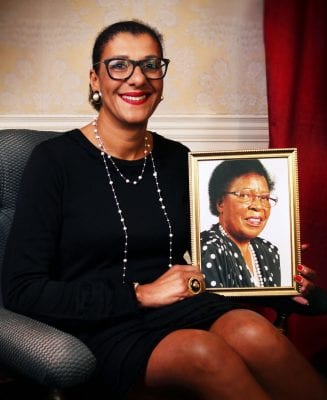 Dr Gaositwe Chiepe,
Dr Gaositwe Chiepe,
